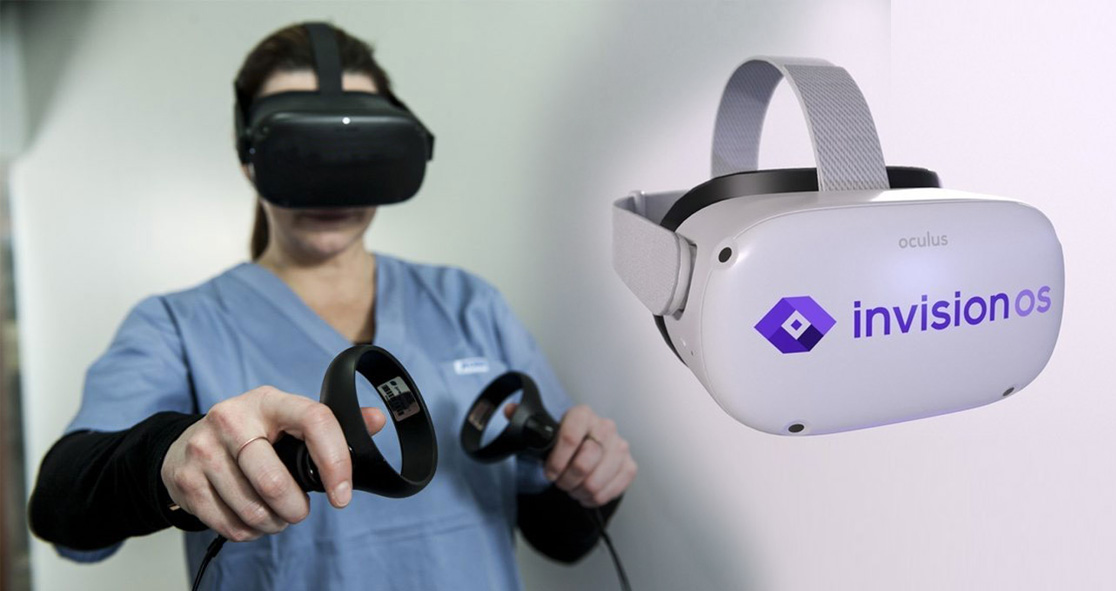In November, the Food and Drug Administration (FDA) approved the use of InVisionOS, a virtual reality (VR) surgical planning tool. The software is expected to be available early next year, according to MobiHealthNews.
Canadian-based PrecisionOS got clearance for its InVisionOS tool, which allows surgeons to plan operations using VR. The software takes a patient’s CT scan and creates a 3D construction. A surgeon can view and manipulate it with an Oculus Quest 2. And then they can use VR to focus on specific anatomical regions before surgery.
PrecisionOS brings medical-grade, interactive VR and augmented reality (AR) experiences to surgical training for physicians. It is positioning its VR tool as an improved and patient-specific method of surgical planning.
Dr. Danny Goel, PrecisionOS CEO, said, “We focus on developing products that improve the confidence, competency, and proficiency of surgeons, ultimately benefiting patient outcomes.”
“Our new InVisionOS software, which took four years to develop, allows surgeons to visualize patient-specific needs and better plan for surgery,” he added.
VR has recently been playing a key role in healthcare, including medical education. Medical-grade VR education is delivered on a cost-effective and scalable platform.
In VR, the surgeon in training wears a headset that projects images of the operating theater and patient, creating a highly realistic and immersive experience, according to PrecisionOS. Sensors detect the motions of the hands and fingers, which manipulate the virtual instruments while performing the surgery.
In September, Japanese medical VR company Jolly Good teamed up with the Nippon Medical School to develop a VR-based platform for clinical training. The platform was developed when medical students were limited from in-person work due to the COVID-19 pandemic.
VR has also been used for prenatal education and pain management for pregnant women. In addition, it is used to train people to administer the opioid-overdose drug naloxone.






















